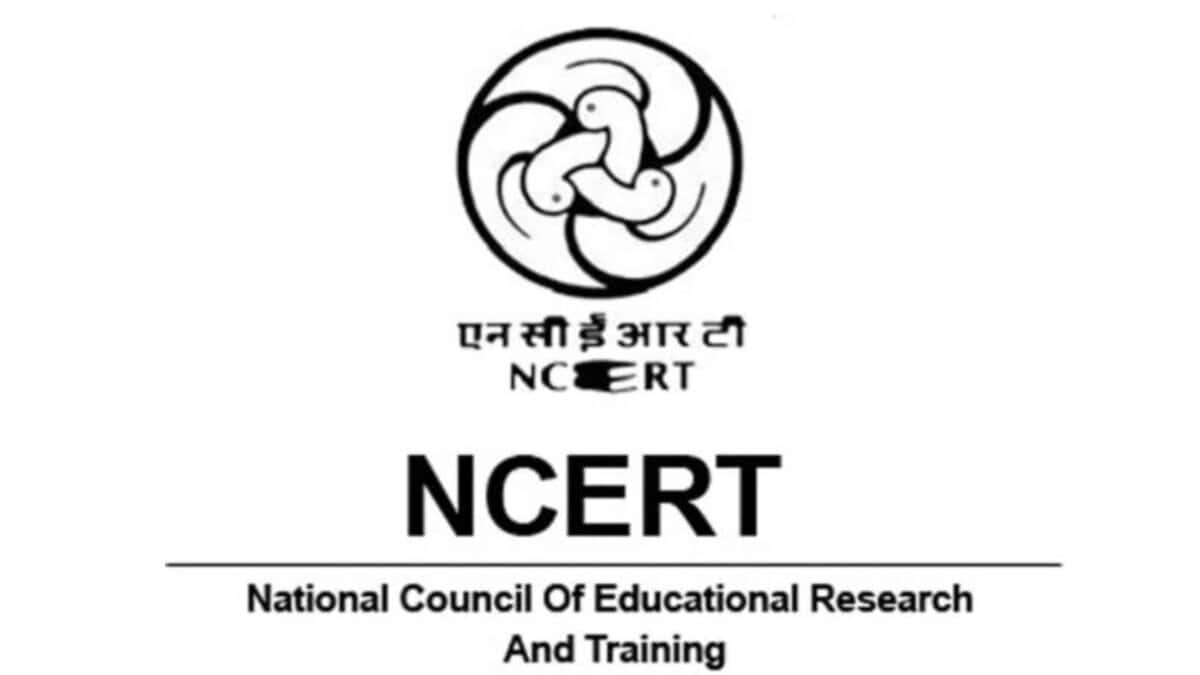
New Delhi: The NCERT has introduced two special modules on the Operation Sindoor for classes 3 to 12 describing the mission not just as a military operation but a promise to protect peace and honour the lives lost in the Pahalgam terror attack.
The modules which have been introduced as supplementary material in the curriculum come over three months after Operation Sindoor.
The modules also state that although Pakistan denied any involvement in the Pahalgam terror attack, it was carried out on “direct orders” by “Pakistan’s military and political leadership”.
“India launched missiles and air strikes, targeting nine terrorist sites situated in Pakistan and Pak-occupied Jammu and Kashmir (PoJK) on May 7, 2025. Out of nine targets which were finally chosen and approved, seven of these terror camps were destroyed by the Indian Army, while the Indian Air Force destroyed terrorist targets in Muridke and Bahawalpur, which are the nerve centres of Lashkar-e-Taiba and Jaish-e-Mohammed,” one of the modules said.
The National Council of Educational Research and Training (NCERT) has reiterated government stand that India made sure no civilians were harmed.
“Every target was double-checked. Only terrorist bases were attacked. This operation showed that India would not let terror masterminds escape punishment,” it added.
The two modules are titled ‘Operation Sindoor—A Saga of Valour’ for preparatory and middle stages or classes 3 to 8, and ‘Operation Sindoor—A Mission of Honour and Bravery’ for secondary stage or classes 9 to 12. The modules have been created with the aim of raising awareness about India’s military power among school children.
Calling Operation Sindoor “a triumph of bravery, strategy, and innovation”, the modules also mention India’s air defence systems, like the S-400, which shot down enemy aircraft at long distances and also prevented enemy drones from causing damage.
The modules highlight that people across the country stood united, with candlelight marches held nationwide in solidarity.
“Muslim communities in Hyderabad, Lucknow, and Bhopal wore black armbands and openly denounced the attack. In Kashmir, shopkeepers closed their shops in protest. Villages near the border demanded strong action and supported the Armed Forces,” the secondary stage module stated.
“The local (Kashmiri) population stood up and spoke against terrorists. Their response breaks stereotypes and shows the real voice of peace-loving people,” it added.
The modules also explain that the name Operation Sindoor was chosen as a tribute to the widows of the victims, symbolising solidarity, empathy, and respect.
The modules highlight retaliatory actions by Indian military forces, including the Balakot air strikes in 2019 following the Pulwama terror attack, and more recently, Operation Sindoor after the Pahalgam terror attack.
“In the past, India has never shied away from standing up for its citizens. We gave a strong reply in the wars of 1947, 1965, 1971, and 1999… Operation Sindoor was also India’s way of stopping terrorism, led by Jaish-e-Mohammed (JeM), Lashkar-e-Taiba (LeT), Hizbul Mujahideen (HuM) and Pakistan’s spy agency, ISI,” one of the modules said.
“It was not just a military operation; it was a promise to protect peace and honour the lives lost,” it said.



